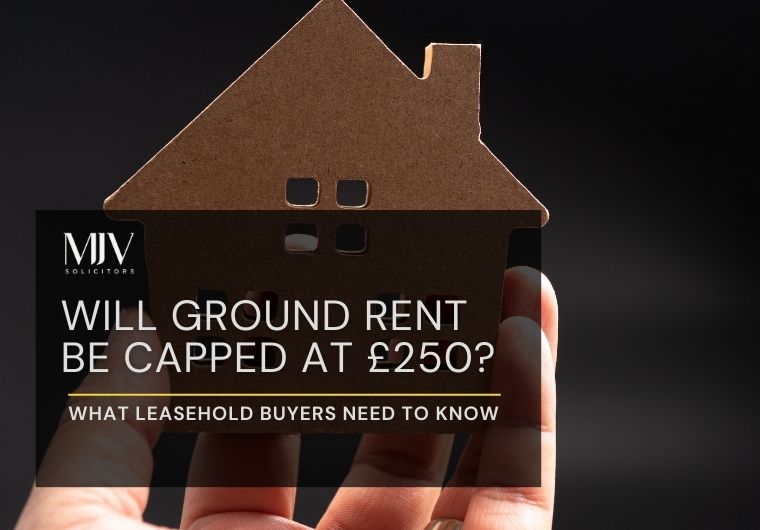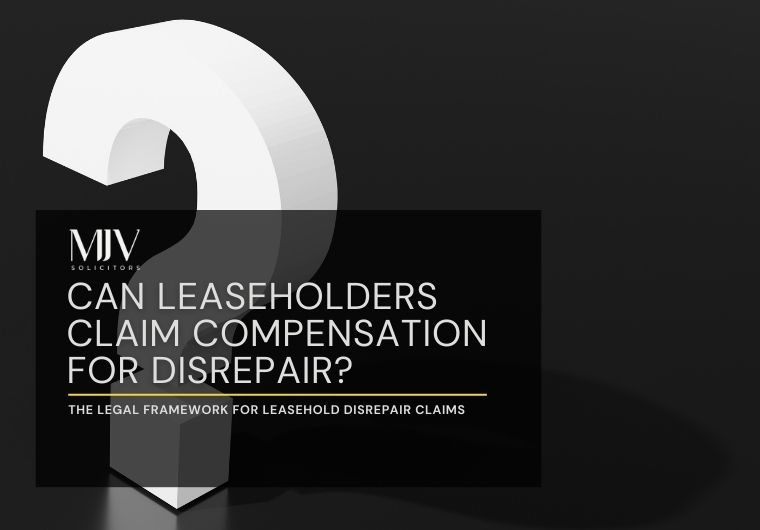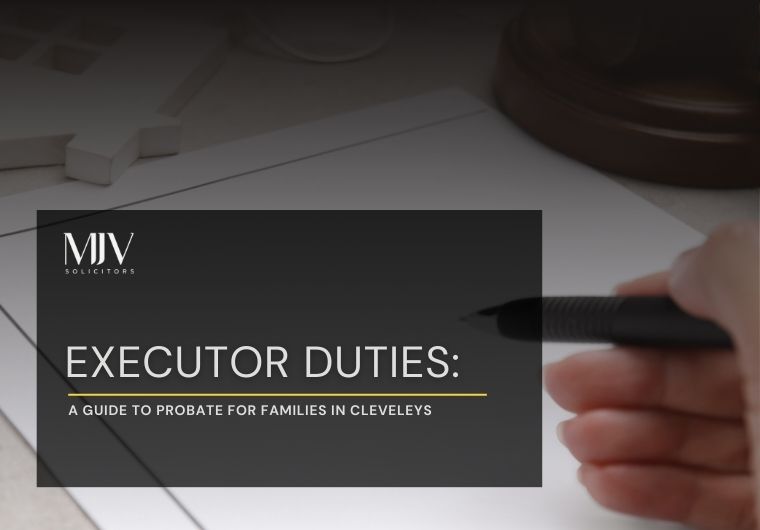Alternative Dispute Resolution is a term that covers a variety of methods that try and resolve disputes without court action. They are intended to be quicker and cheaper.
Benefits of Alternative Dispute Resolution
- Often quicker and cheaper than litigation due to how busy the courts are;
- It provides flexibility, choice and control. For example, the parties would seek to agree an Arbitrator or Mediator whereas they would have little to no control over the appointed Judge;
- Matters are entirely confidential and decisions are not published;
- Settlement can be reached by consent and this may mean the parties can maintain an ongoing business relationship, which is less likely if a dispute is litigated;
- Settlement is reached in around 89% of matters that take the ADR route as of July 2018 according to the Centre for Effective Dispute Resolution (CEDR); and
- If settlement is not reached, it may still achieve progress such as a narrowing of the issues making any litigation more straightforward.
Drawbacks of Alternative Dispute Resolution
- If settlement is not reached, ADR will serve to delay any progress with the resulting litigation and will add costs that would not have been incurred had proceedings been issued immediately. It is worth noting, however, that if one party agrees to ADR and another does not, there may be cost consequences for the refusing party even if they succeed in the litigation;
- Parties are concerns that they reveal their litigation position to their opponent;
- ADR is rarely suitable if the parties require injunctive or other interim relief and it mainly assists with helping to reach a final settlement;
- If a dispute has been ongoing and limitation for issuing proceedings is approaching, ADR does not stop the clock and so it may be that litigation is still required; and
- Parties have voiced concern that agreeing to ADR can be seen as them showing weakness and being overly willing to settle.
The Different Types of Alternative Dispute Resolution
This is in no way intended to be a comprehensive list and the finer details of each type of ADR should be considered prior to making or agreeing any proposal to proceed.
Negotiation
Parties should always try and negotiate prior to exploring any formal ADR or litigation and the court would expect it. Provided all negotiations are agreed as being without prejudice the parties can talk freely and explore possible settlement without incurring any or any significant cost. It is a very flexible form of ADR and can take place either by way of correspondence or in person if the parties prefer. Where the parties’ positions are some way apart, it may be that this is not successful.
Mediation:
This is a private and non-binding form of ADR and all discussions benefit from mediation privilege meaning that the parties can speak freely knowing that the other is unable to rely on their words in any litigation that follows. The parties have the choice and control of selecting a mediator who acts as a “steer” on negotiations. The mediator can only seek to advise and bring the parties together and cannot make orders, so mediation is mainly useful and successful when both parties are keen to reach a settlement agreement.
Adjudication
Used in the construction industry for many years, this is similar to mediation, but with strict timescales and the decision of the adjudicator is binding. It normally arises when there is an adjudication clause in a contract, but the parties can agree to the process without such provision. The strict timescales mean that the process can seem rushed.
Arbitration
This is very similar to litigation and Arbitrators often follow the rules of the courts where there are no specific rules for arbitration. Unlike court proceedings, they are private and confidential. The process is often quicker than litigation and so cheaper on lawyer’s fees, but the costs of the arbitration are paid jointly and severally by the parties and these fees are significantly higher than a Court’s. Arbitration normally arises when there is an arbitration clause in a lease or a contract.
Other Forms
There are other forms of alternative dispute resolution that may be worth considering in specific circumstances including med-arb and the use of certain boards.
For more information on ADR and any dispute you may be having, commercial or private, call us on on 01253 858231 or e-mail info@mjvlaw.co.uk







